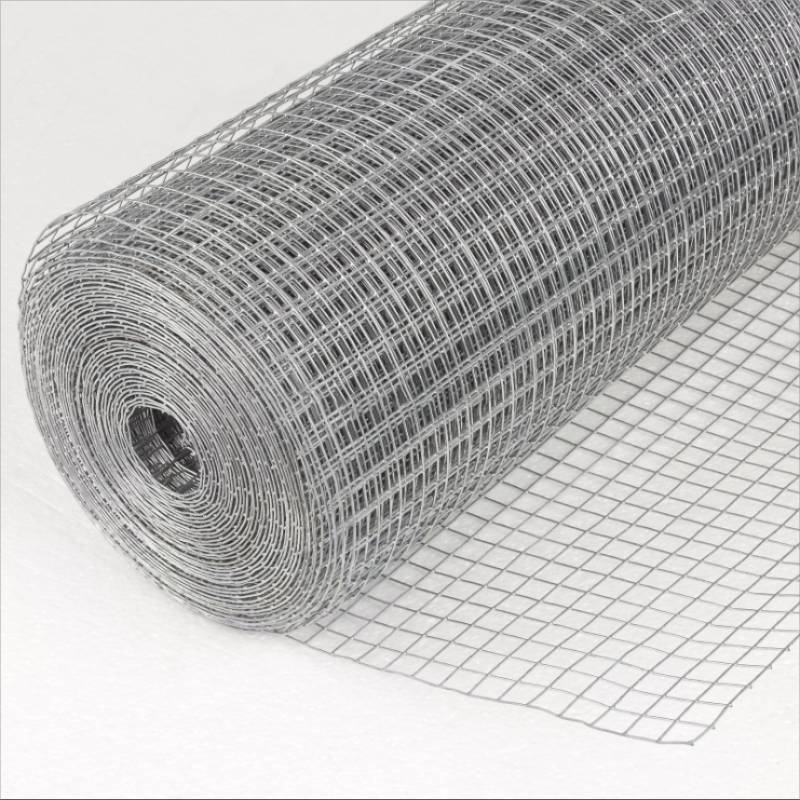type of nails for fence pickets
Types of Nails for Fence Pickets
When it comes to building a fence, the type of nails you choose for fastening the pickets plays an essential role in the longevity and durability of the structure. Not only do they hold the pickets in place, but the right nails will also enhance the overall appearance and integrity of the fence. This article delves into the various types of nails used for fence pickets, discussing their materials, sizes, and applications.
1. Common Nails
Common nails are perhaps the most traditional choice for fastening fence pickets. These nails are designed with a thick shank and a flat head, making them suitable for attaching wood to wood. Available in various lengths, common nails provide strong holding power. However, they can sometimes split the wood if not properly driven; pre-drilling holes for thicker pickets is often recommended to prevent this issue.
2. Galvanized Nails
Galvanized nails are made of steel and coated with a layer of zinc to prevent rust and corrosion. This feature makes them an excellent choice for outdoor fencing where moisture is a concern. Using galvanized nails ensures that the fasteners won't deteriorate over time, helping maintain the integrity and appearance of the fence. Galvanized nails are particularly suitable for treated wood pickets, which are often used for their resistance to pests and decay.
3. Stainless Steel Nails
For those seeking the ultimate in durability, stainless steel nails are the best option. They offer superior resistance to rust and corrosion, making them ideal for coastal areas or regions with high humidity. Although more expensive than other types of nails, stainless steel fasteners provide long-term reliability and maintain their aesthetic appeal over time. If your fence is crafted from premium materials, investing in stainless steel nails can ensure it stands strong against the elements for years to come.
type of nails for fence pickets

Ring shank nails have a unique design that features ridges along the shank. This design provides extra grip and is particularly effective in preventing the nails from pulling out over time. These nails are often used in application scenarios where additional holding strength is required. For fence pickets that might experience pressure or movement, using ring shank nails can be advantageous.
5. Screws
While traditional nails are widely employed, screws are becoming an increasingly popular choice for fastening fence pickets. Screws offer a stronger and more secure hold compared to nails, reducing the chances of pickets loosening over time. Additionally, screws are less likely to split the wood, especially when pre-drilled. Stainless steel screws, in particular, are recommended for outdoor use due to their corrosion resistance.
6. Staples
In some cases, especially for agricultural or ranch fences, staples are commonly used to attach fence pickets to horizontal rails. Staples provide quick and easy installation and are often used for lighter materials. However, they may not provide the same level of holding power as nails or screws, making them less suitable for taller or heavily loaded fences.
7. Nail Length and Size
Selecting the right length and size of nails for fence pickets is crucial for ensuring structural integrity. For typical wood pickets, nails usually range from 1.5 to 3.5 inches in length, depending on the thickness of the wood being used. It's important to choose a nail size that provides adequate penetration into the supporting structure while avoiding the risk of wood splitting.
Conclusion
Choosing the right type of nails for fence pickets is fundamental in ensuring your fence's durability and aesthetic appeal. Common nails, galvanized nails, stainless steel nails, and ring shank nails all serve specific purposes and conditions. Additionally, consider using screws for a more secure hold and staples for quicker installations in light applications. With the proper selection, your fence will not only withstand the test of time but also enhance your property's beauty for years to come. Remember, investing the time to select quality fasteners will pay off in the long run, providing you with a sturdy and visually pleasing fence.
-
Innovations in Razor Barbed Wire Design TechnologyNewsAug.11,2025
-
Roofing Nail Compatibility with Different Metal Roof TypesNewsAug.11,2025
-
Welded Wire Mesh for Rockfall Protection BarriersNewsAug.11,2025
-
Galvanized Wire Corrosion Resistance TestingNewsAug.11,2025
-
3D Fence Solutions Preventing Bird CollisionsNewsAug.11,2025
-
Using Chain Link Fence for Urban Garden SupportNewsAug.11,2025




